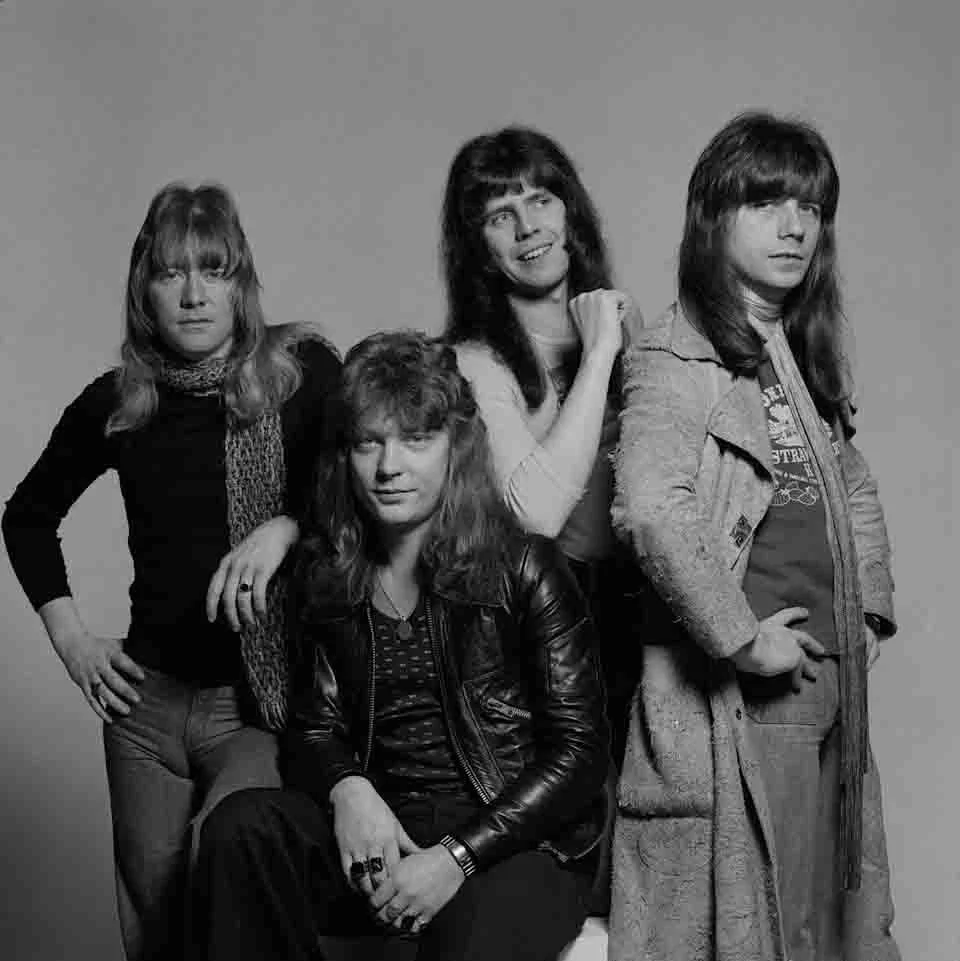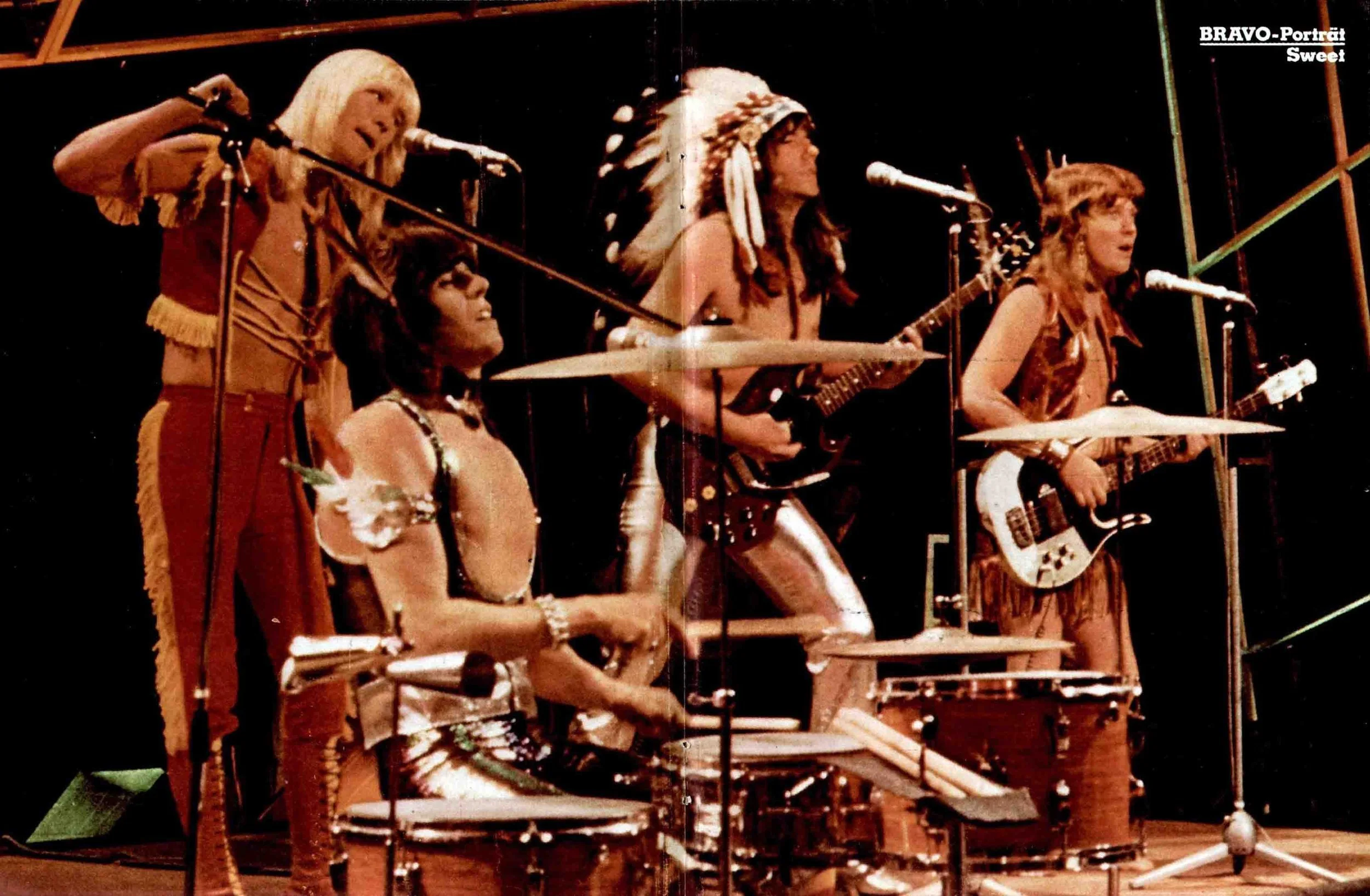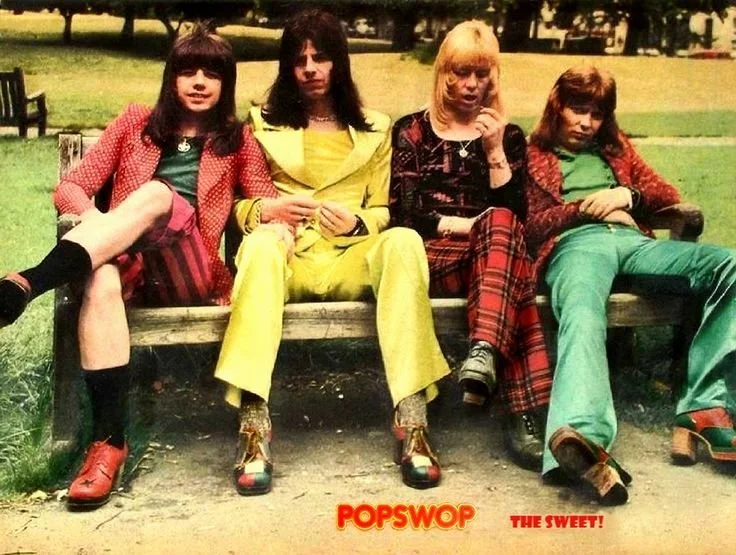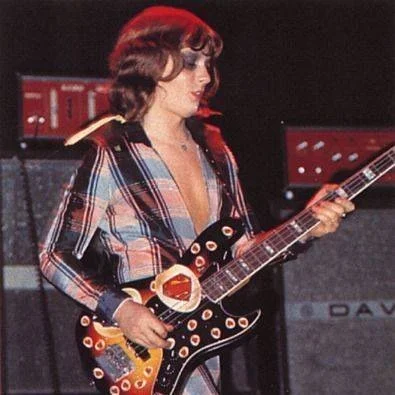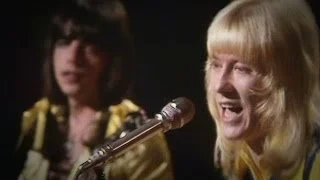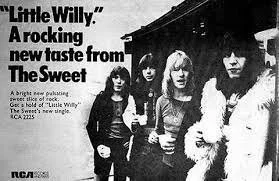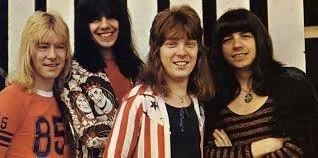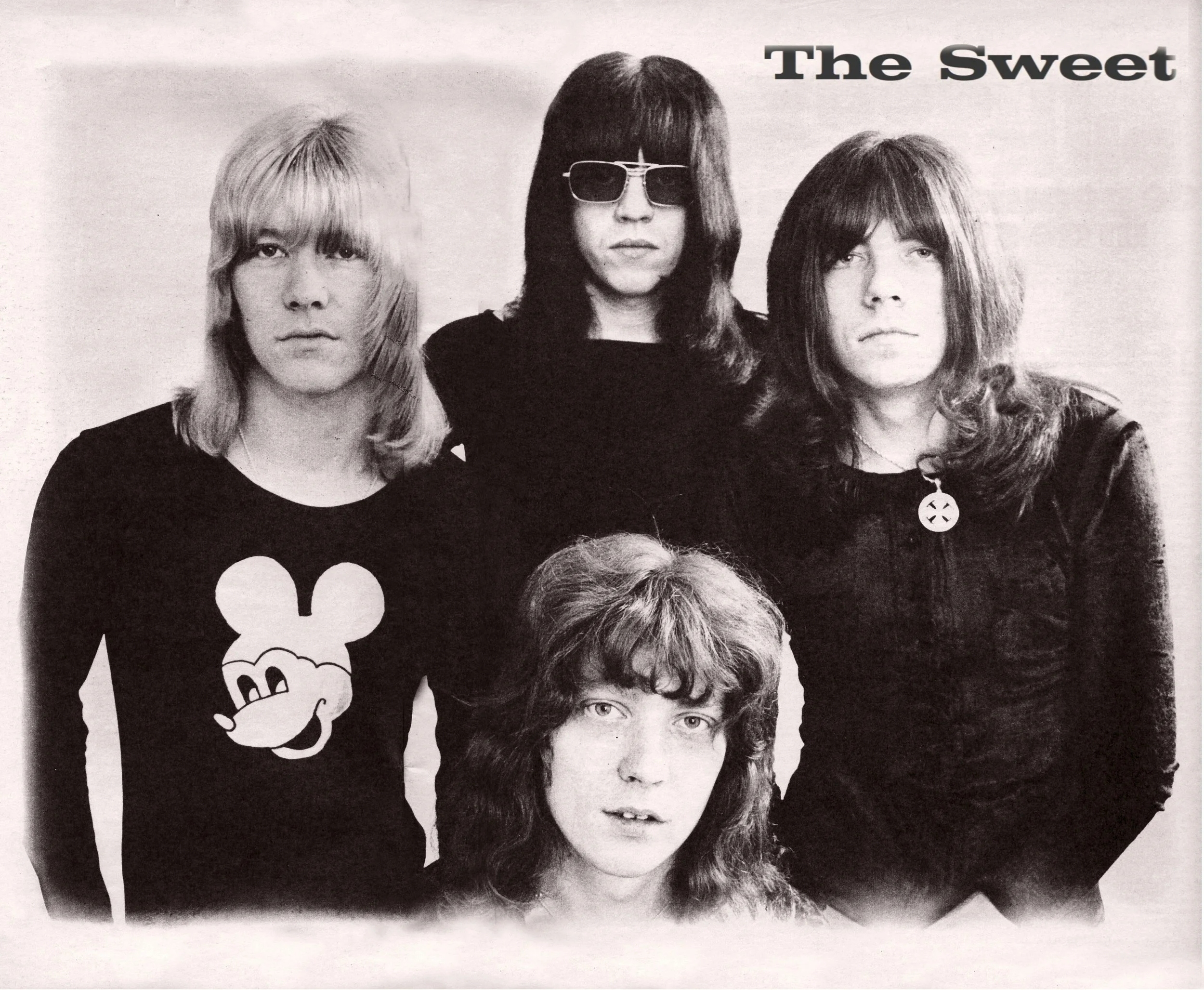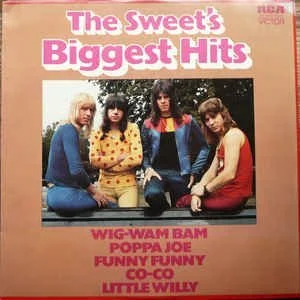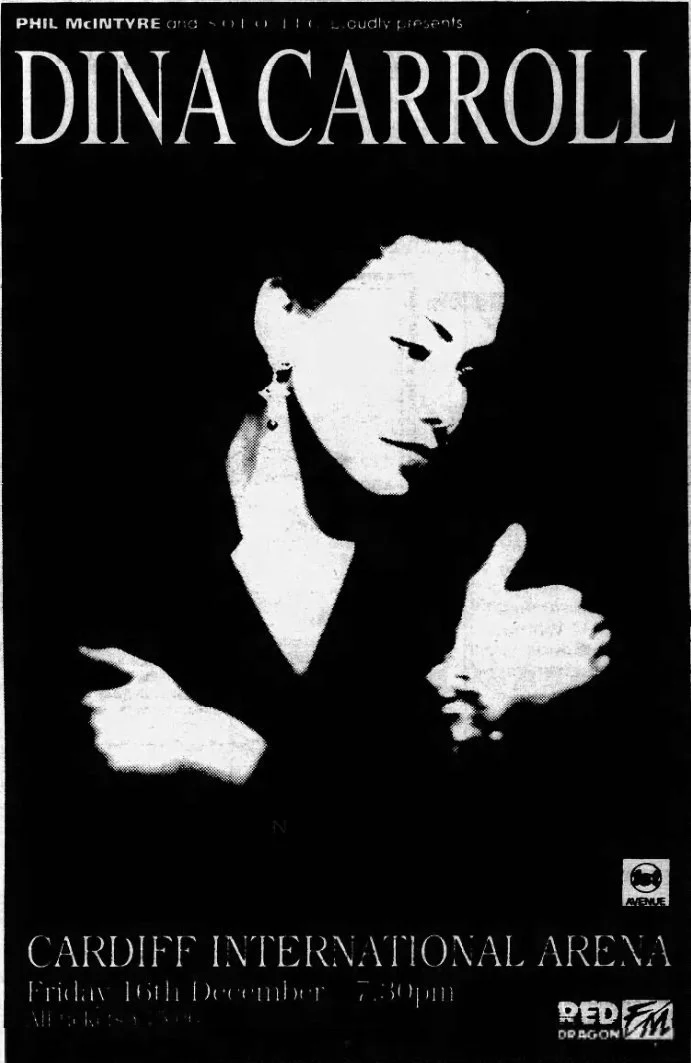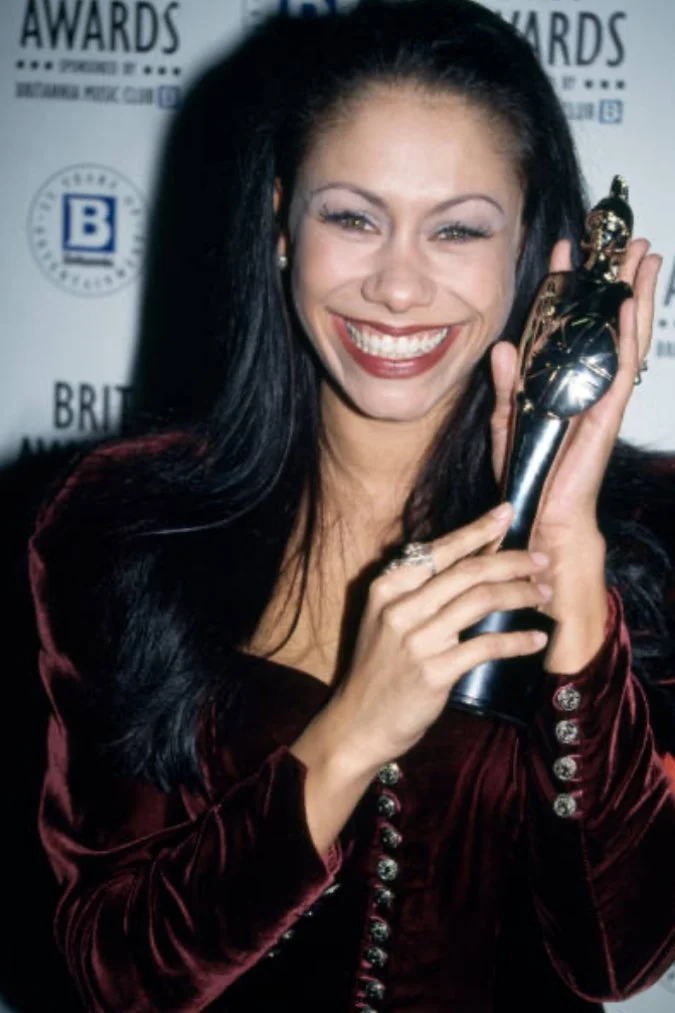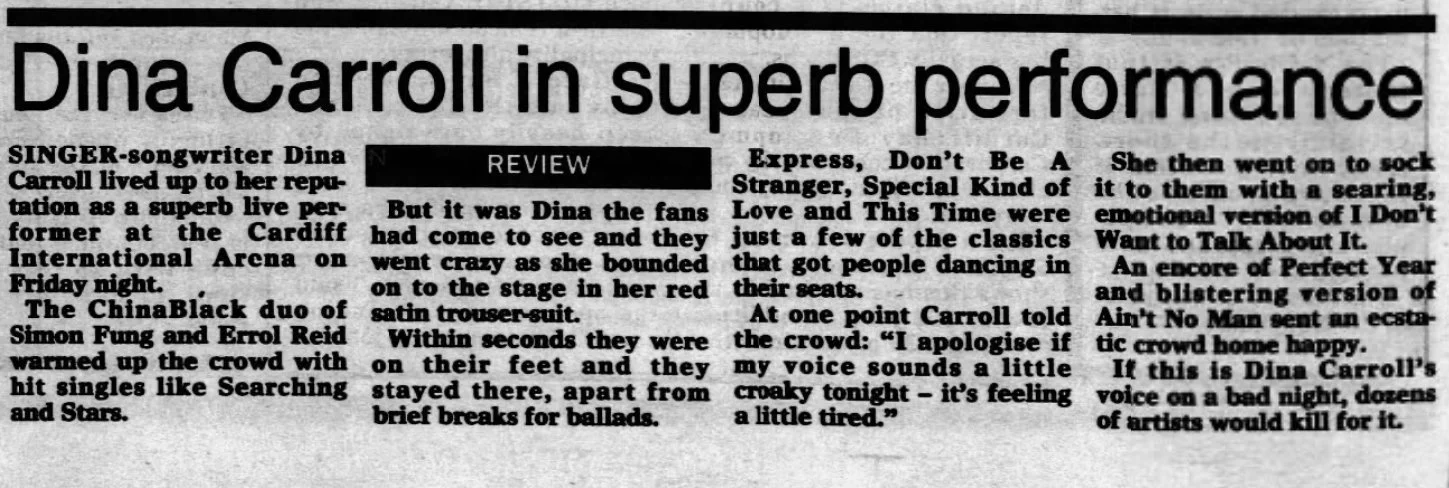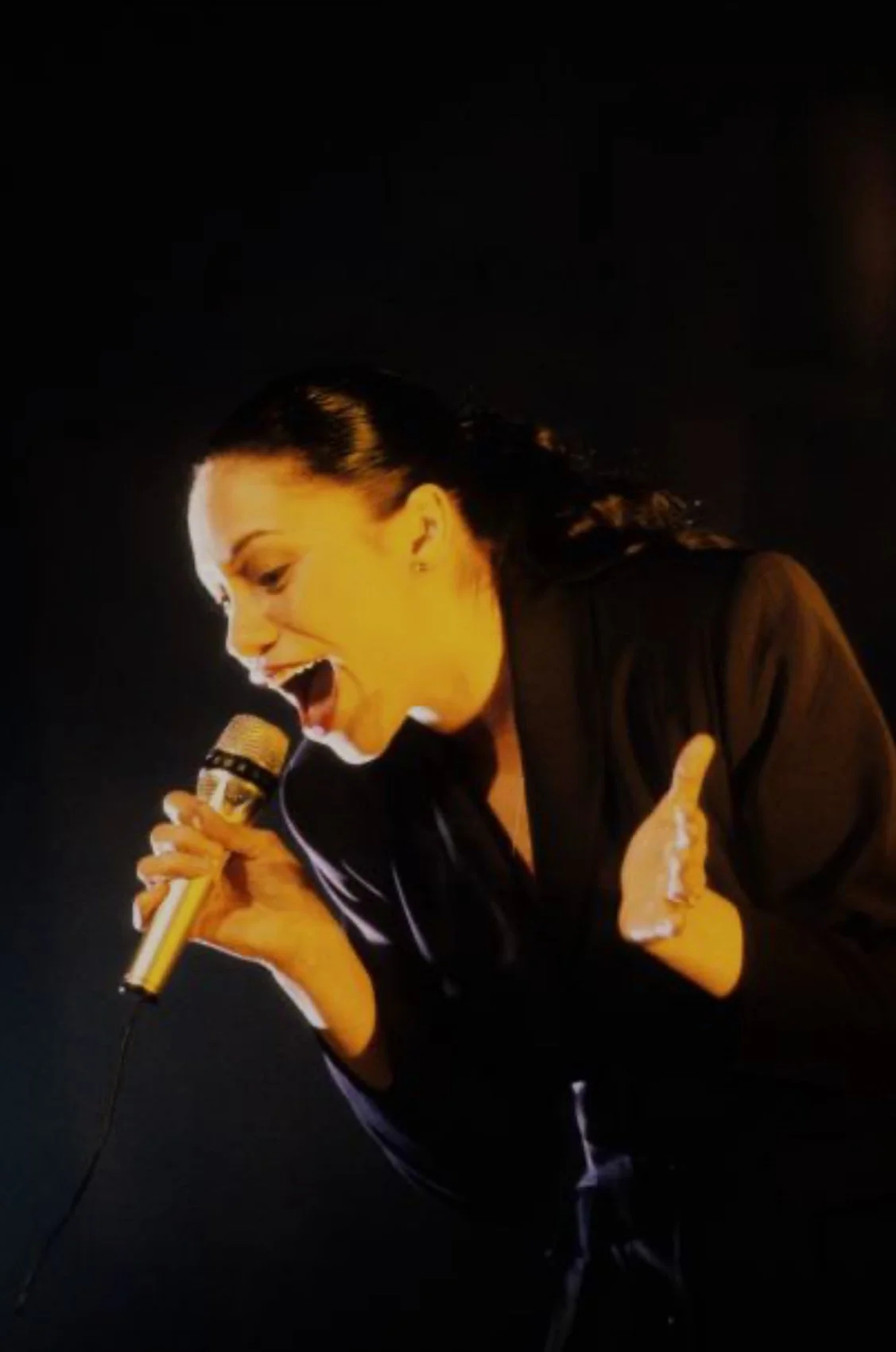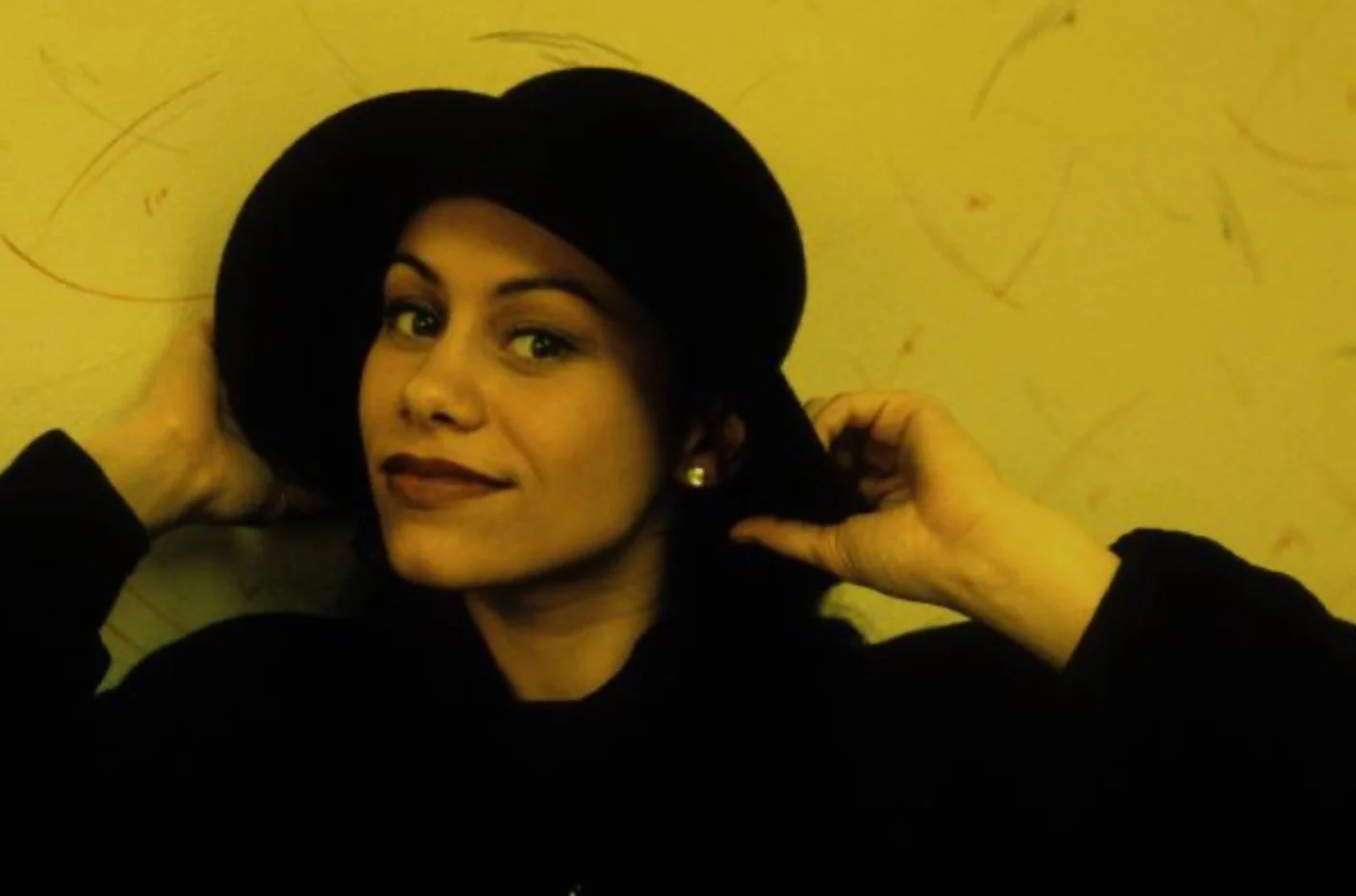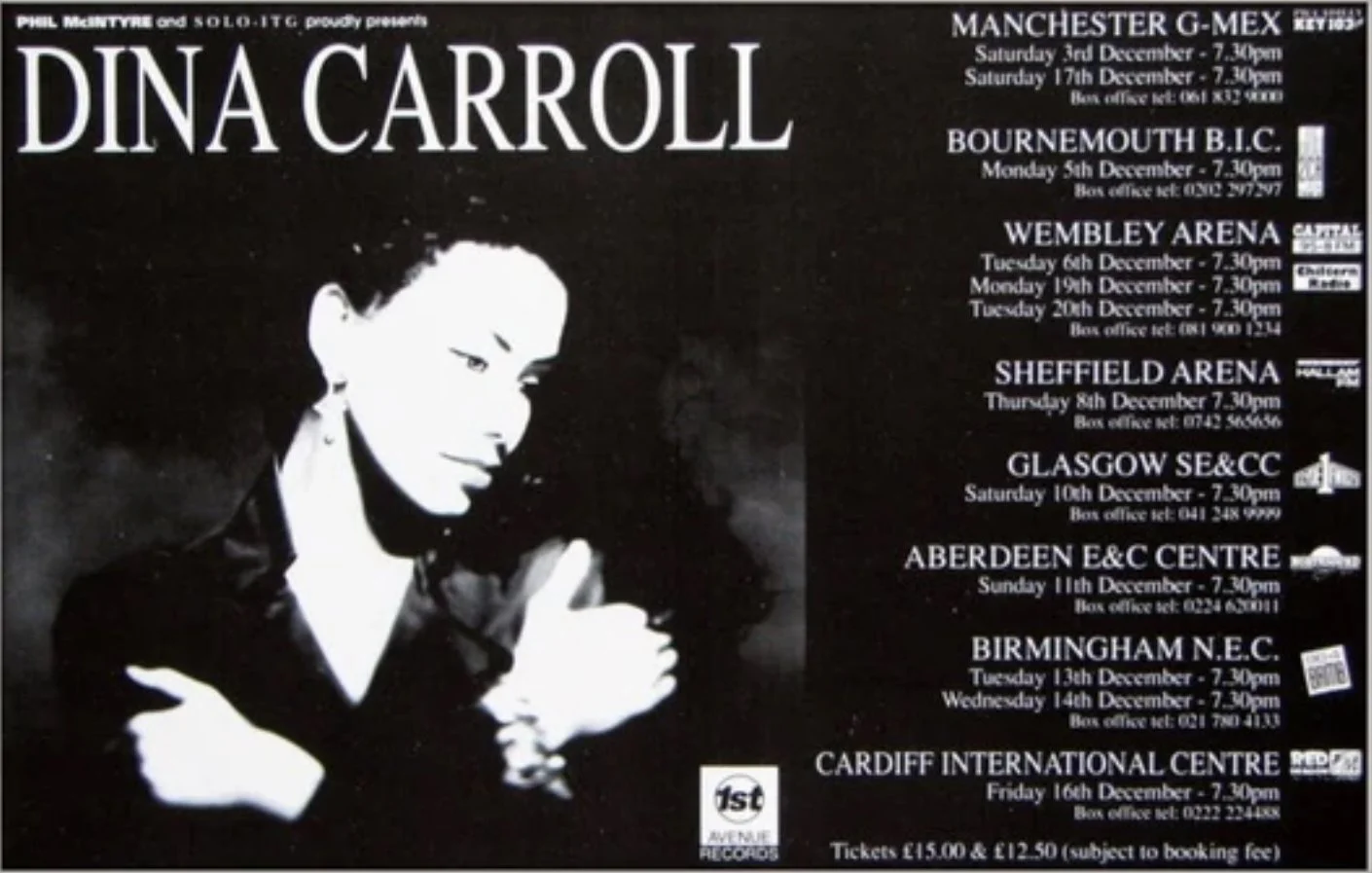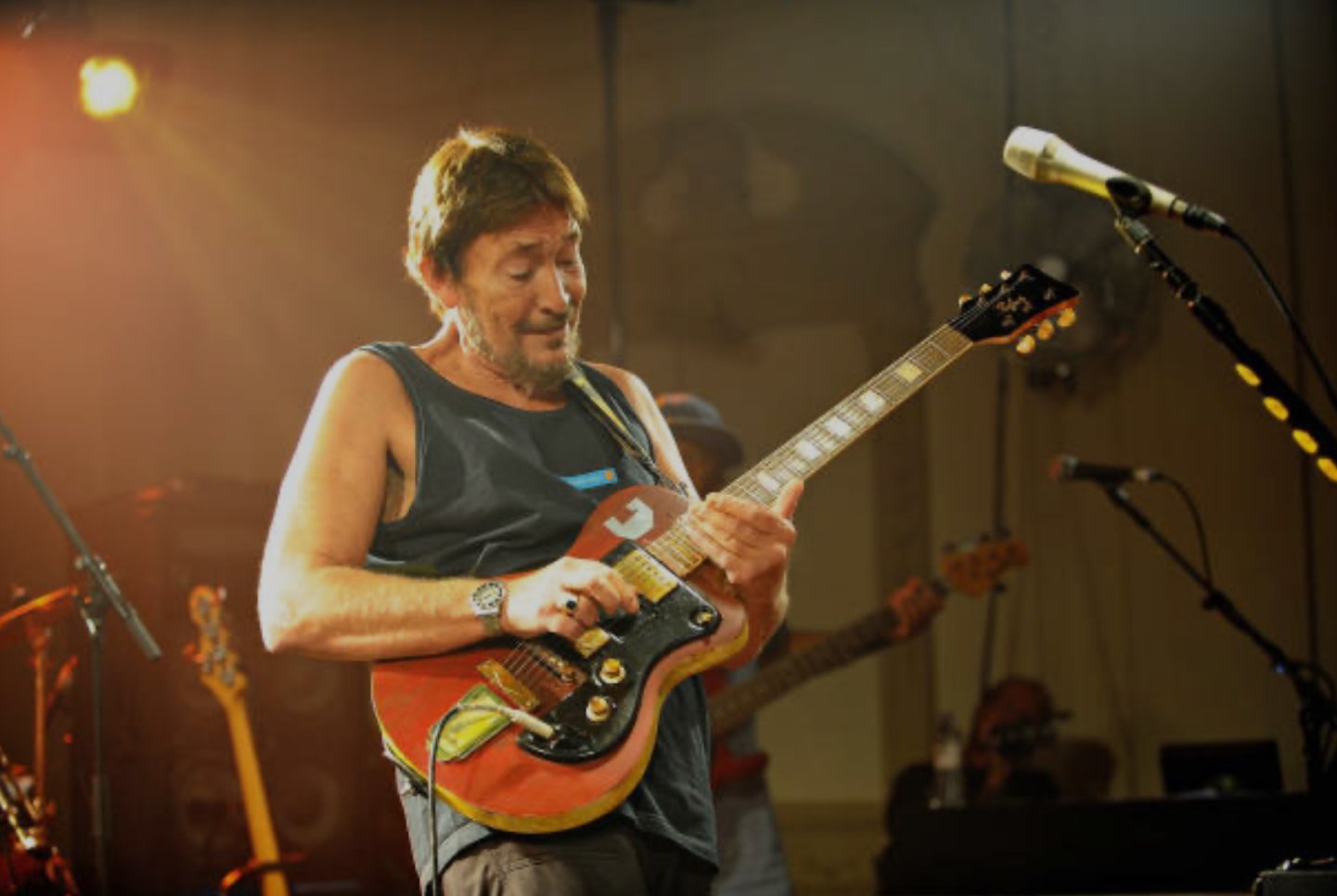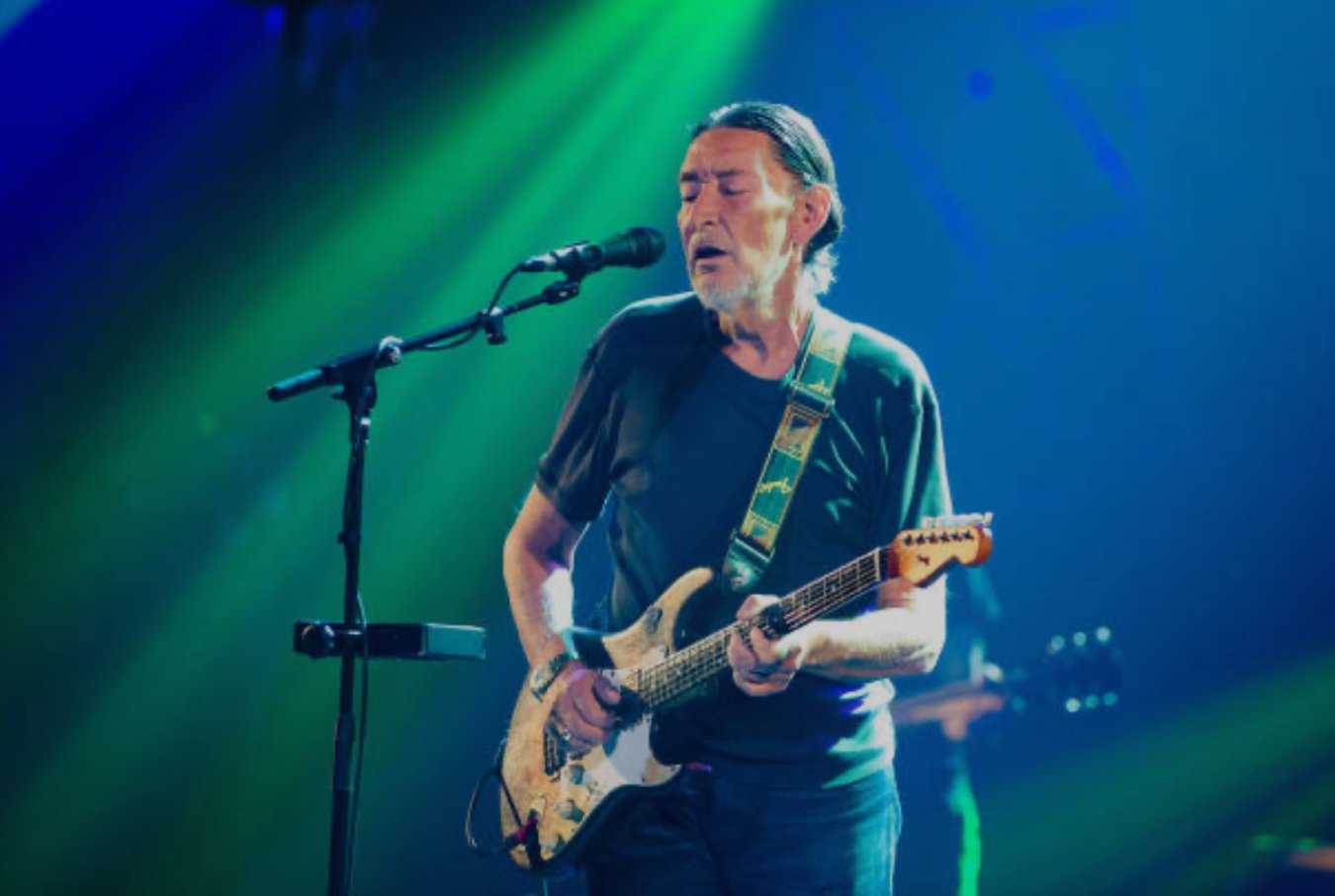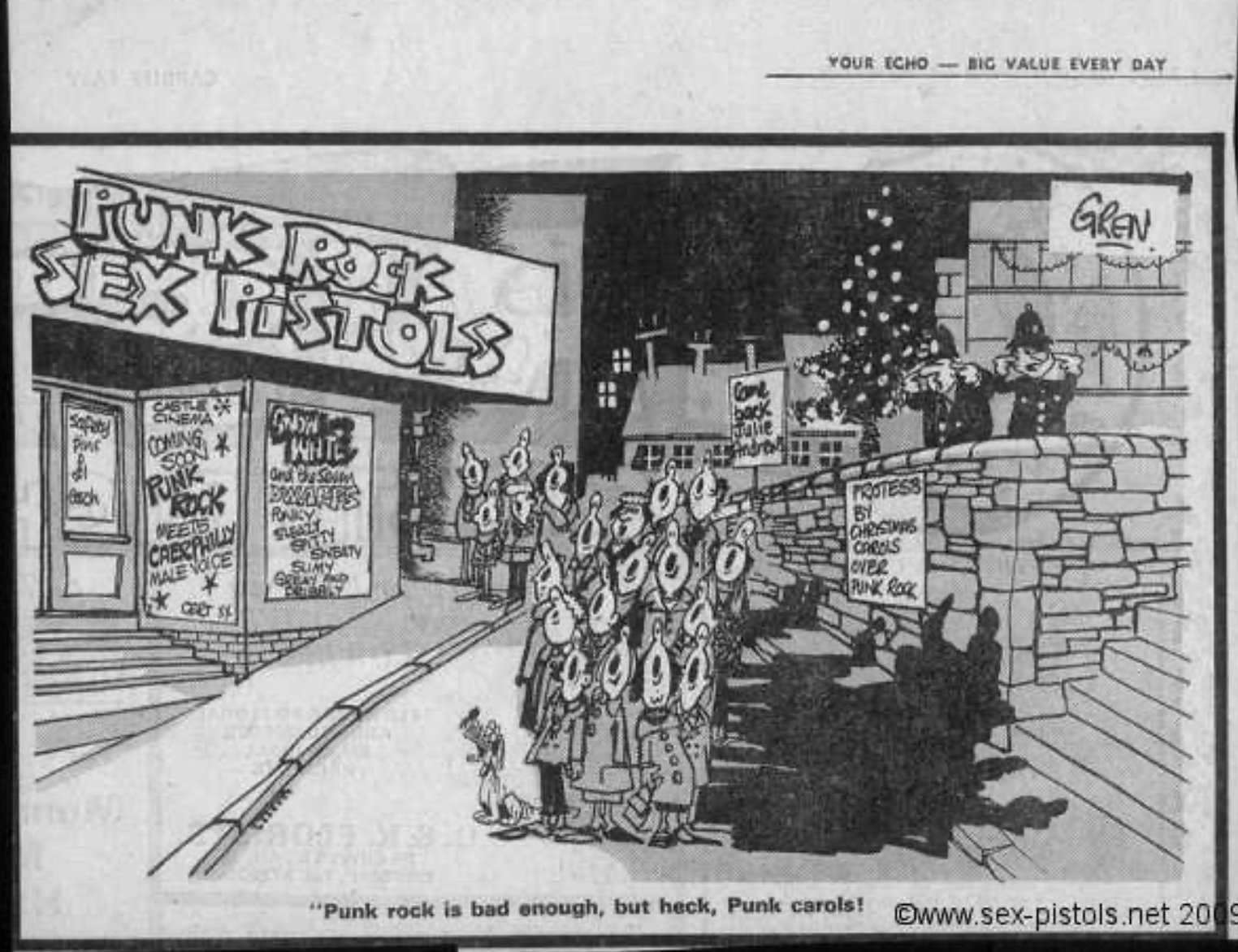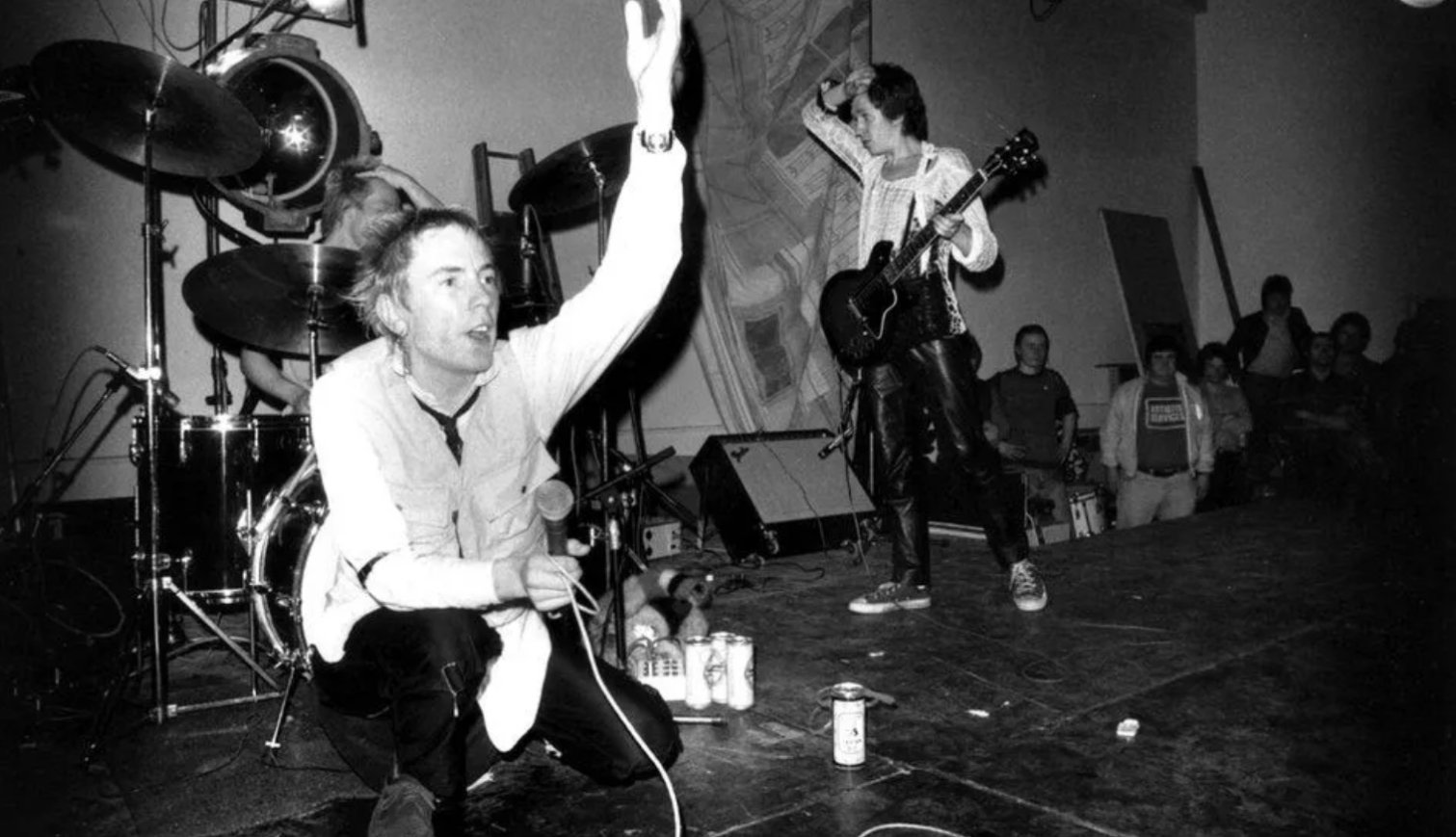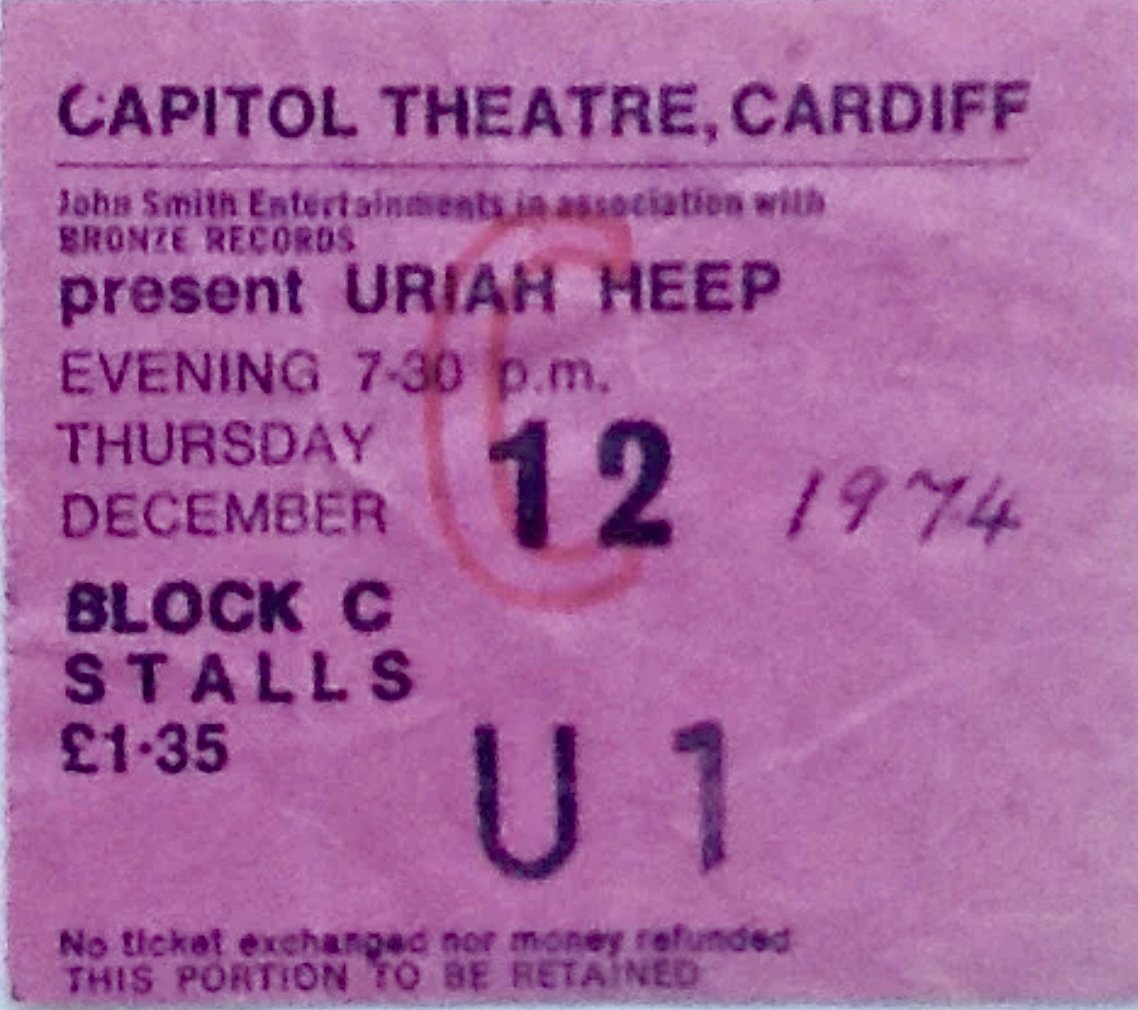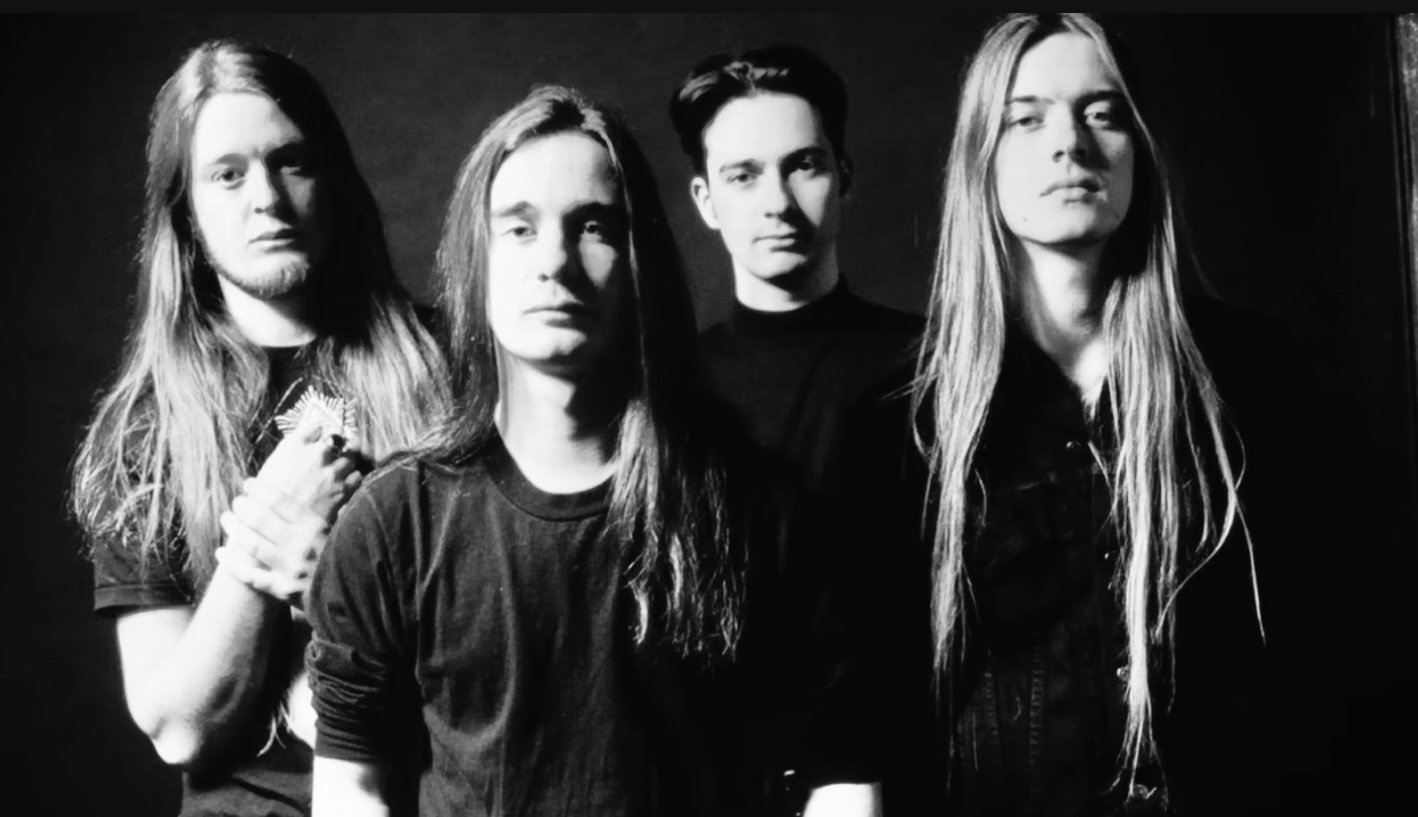Images may be subject to copyright
On this day 17/12/1972, Glam rock giants The Sweet played Cardiff’s Top Rank.
February 1972 saw the release of "Poppa Joe", which reached number 1 in Finland and peaked at number 11 on the UK Singles Chart.
The next two singles of that year, "Little Willy" and "Wig-Wam Bam", both reached No. 4 in the UK. "Little Willy" peaked at No. 3 on the U.S. Billboard Hot 100 after a re-issue in 1973, thus becoming the group's biggest American hit.
Although "Wig-Wam Bam" remained largely true to the style of Sweet's previous recordings, the vocals and guitars had a harder, more rock-oriented sound, largely because it was the first Chinn-Chapman single on which only members of Sweet played the instruments.
In January 1973 "Block Buster!" became Sweet's first single to reach number 1 on the UK chart, remaining there for five consecutive weeks. After their next single "Hell Raiser" was released in May and reached number 2 in the U.K., Sweet's U.S. label, Bell, released the group's first American album The Sweet in July 1973.
The band also capitalised on the glam rock explosion, rivalling Gary Glitter, T. Rex, Queen, Slade, and Wizzard for outrageous stage clothing.
Despite Sweet's success, the relationship with their management was becoming increasingly tense. While they had developed a large fan-base among teenagers, Sweet were not happy with their 'bubblegum' image.
Sweet had always composed their own heavy-rock songs on the B-sides of their singles to contrast with the bubblegum A-sides which were composed by Chinn and Chapman. During this time, Sweet's live performances consisted of B-sides, album tracks, and various medleys of rock and roll classics; they avoided older novelty hits like "Funny Funny" and "Poppa Joe".
A 1973 performance at the Palace Theatre and Grand Hall in Kilmarnock ended in Sweet being bottled off stage; the disorder was attributed by some (including Steve Priest) to Sweet's lipstick and eye-shadow look, and by others to the audience being unfamiliar with the concert set (the 1999 CD release Live at the Rainbow 1973 documents a live show from this period).
The incident would be immortalised in the hit "The Ballroom Blitz" (September 1973). In the meantime, Sweet's chart success continued, showing particular strength in the UK, Denmark, Germany, Sweden, and Australia. By the end of 1973, the band's name evolved from "The Sweet" to "Sweet". The change would be reflected in all of their releases from 1974 onward.


